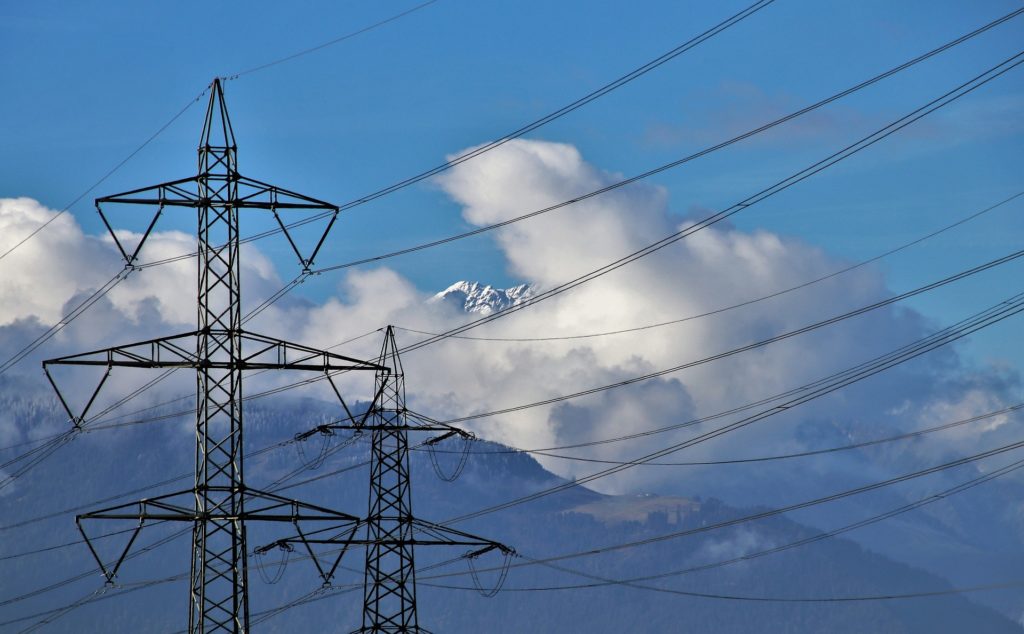
History says we, the consumers, should pay for damage to the grid even though we only use it and don’;t build or maintain it.
For decades, it has been a foregone conclusion that Louisiana’s electric ratepayers would shoulder the costs of repairing the grid after hurricanes and other natural disasters. But after utilities spent billions repairing the grid after devastating hurricanes in the past two years, the Louisiana Public Service Commission is now exploring whether it can make Entergy and other utilities keep some of the tab. If the commission indeed requires utilities to pay – and the plan holds up in court – the move would be a seismic shift in how the commission handles hurricane-related costs, at a time when climate change is causing more intense storms. It could mean ratepayers see lower storm riders on their monthly electric bills. It appears likely to set up a legal battle with Entergy, the state’s dominant utility.
nola.com
Entergy should not slough off all the costs as it is their system.
It’s still unclear where the commission will land. But members on Thursday delayed approving the latest round of storm recovery costs for Entergy, totaling $1.6 billion. If those costs had been approved, it would have likely tacked on about $5 to $6 to monthly bills for customers using 1,000 kilowatt hours over 15 years, according to PSC staff. Earlier this year, the commission approved Entergy’s recouping of $3.2 billion in costs for several recent storms, which will show up as $10 riders on customers’ bills for 15 years. Commissioner Craig Greene, a Baton Rouge Republican, presented a slideshow that illustrated Louisiana’s brittle grid and argued that Entergy hasn’t maintained it “prudently,” a key term in utility regulation that determines whether utilities should be eligible to recover costs. He said he wants an “exhaustive prudency review” to determine whether Entergy should have to pay some of the bill itself. “Right now, nobody can tell me that Entergy properly maintained the grid before the storm hit such that their infrastructure even stood a chance of standing up during the storms,” Greene said in a statement. “But Entergy is asking yet again that customers pay for that grid. I’m not anti-Entergy and I don’t want customers to be at the whim of a court, but I don’t feel comfortable approving another storm fee without having engineers tell me that the grid was maintained as it should have been.”
Entergy and others have some who blame the PSC for lax standards for maintenance.
Entergy and some of the commissioners agreed that the PSC itself may be partly to blame, by setting low standards for maintenance of the grid. Entergy Louisiana CEO Phillip May argued that Entergy is better than most other utilities in Louisiana at maintaining reliability, even if its metrics are not as good when compared to peers around the country. Entergy VP Mark Kleehammer said the legal opinion that the commission could make Entergy shoulder storm recovery costs was “without merit.” The company also argued that it was being treated differently than other utilities who had storm recovery costs approved by the commission. Eric Skrmetta, a Metairie Republican, slammed the idea. He said he’s concerned Entergy will sue and win, and that any delay will cost ratepayers even more because of rising interest rates. “You can do it, but it’s kind of like your kid saying he’s going to break a window across the street because he can do it,” Skrmetta said. “Well yeah, but you gotta pay for it.” The commission uses a process called “securitization” to fund storm costs, where the costs are bonded out and paid for by ratepayers on a dollar-for-dollar basis. Proponents of the practice, started after Hurricane Katrina, say it saves customers money because the utilities don’t get a profit on the spending.
Entergy is not lauded for responding to outages.
Greene’s presentation showed Louisiana had among the worst records in terms of power outages and their duration in 2020 and 2021, even excluding major weather events like hurricanes. The data indicated Entergy has gotten worse in recent years on normal day outages, relative to other utilities in states. Foster Campbell, one of the two Democrats on the commission, directed an attorney to look into whether the commission is legally obligated to pass storm costs onto customers. The attorney, Pat Patrick, told commissioners there is no “ironclad” legal restriction that would prevent them from making utilities shoulder some of the burden. Campbell has fought against Entergy’s storm recovery costs, arguing his constituents in north Louisiana shouldn’t have to pay for damage they didn’t incur. “I want to see if there’s any way we can ask these companies, who are making billions, who are paying big dividends, to see if they can share in some of the expenses of the people of Louisiana,” Campbell said Thursday.
Some on the PSC want all the costs passed to the consumer. What is the function of the PSC – consumer protection of industry protection?
Commissioner Lambert Boissiere had sponsored the agenda item to let Entergy pass the $1.6 billion onto customers, but he, Campbell and Greene declined to bring it up for a vote. The move was tinged with some irony. The meeting was Boissiere’s last; his nearly 18-year career will come to a close next month after he was soundly beaten in a runoff by Davante Lewis, a Baton Rouge progressive policy advocate. Lewis, a staunch critic of Entergy, appears poised to join Campbell and Greene in scrutinizing the storm recovery costs. The debate over the tab for storm costs comes as Entergy is set to unveil a multi-billion dollar plan to harden the grid to better withstand hurricanes. The plan, similar to a decades-long effort by Florida, is expected to be filed in the coming days.
This is a two edged sword. Entergy owns the grid but if the PSC lets them get away with things who is at fault the most?



